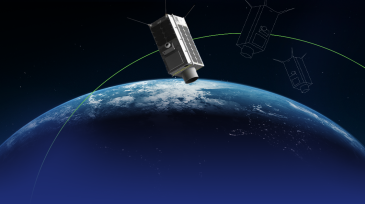DSDE: Features
-
Cube drilling was an exciting idea several years ago. Since then, the luster seems to have faded. Now, production software company Novi Labs says machine learning may bring life back to the concept.
-
These awards are designed to recognize those members who have contributed exceptional service and leadership to the Society, as well as those who have made major professional contributions to their technical disciplines at the regional level.
-
Open Energi’s technology optimizes the energy use of low-carbon assets, including battery storage, hydrogen electrolyzers, and solar farms, connecting the assets to power markets and giving traders access to real-time data. The goal is to provide flexibility at times of low renewable-energy generation and during price peaks.
-
The FBI also released a security advisory and details regarding 23 attacks on oil and gas companies from December 2011 to 2013.
-
A 2020 cyberattack resulted in the theft of 1 terabyte of information from the oil giant.
-
Find out which SPE members will be recognized during the 2021 Annual Technical Conference and Exhibition (ATCE) in Dubai in September.
-
The year-long research project is aimed at proving the feasibility of reliable, space-based emissions monitoring.
-
A fast-moving pressure pulse is the priority of a research and development initiative that, if successful, will result in a new diagnostic technology for horizontal wells in tight reservoirs.
-
The recent cyberattack on Colonial Pipeline’s IT system has thrust the issue of oil and gas industry cybersecurity into the spotlight, which, according to specialists in the field, is where it should always be.
-
One of the major characteristics of petroleum data analytics is its incorporation of explainable artificial intelligence (XAI). Predictive models of petroleum data analytics are not represented through unexplainable black-box behavior. Predictive models of petroleum data analytics are reasonably explainable. This second part of a two-part series presents the use of XA…
Trending Now on DSDE
Stay Connected
Don't miss out on the latest technology delivered to your email every 2 weeks. Sign up for the DSDE newsletter.














